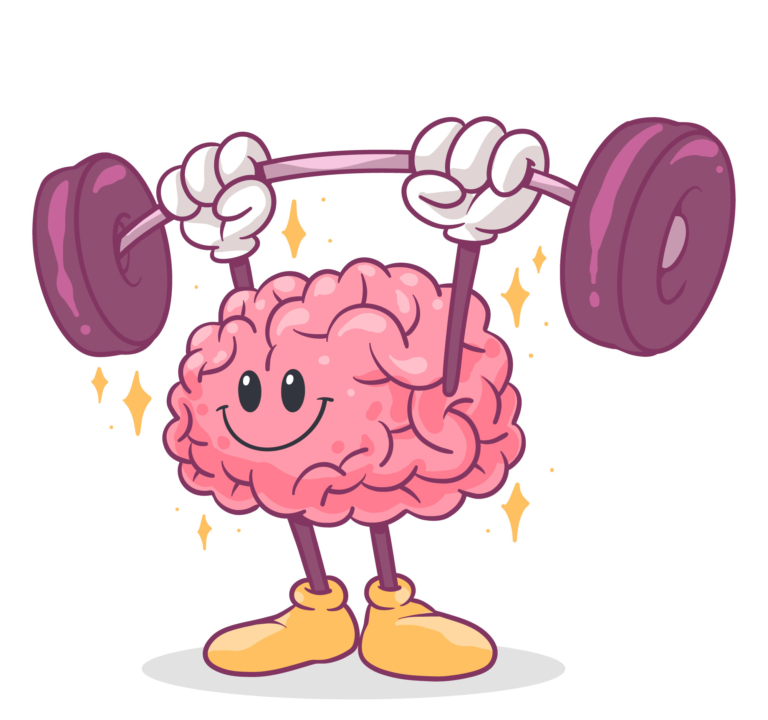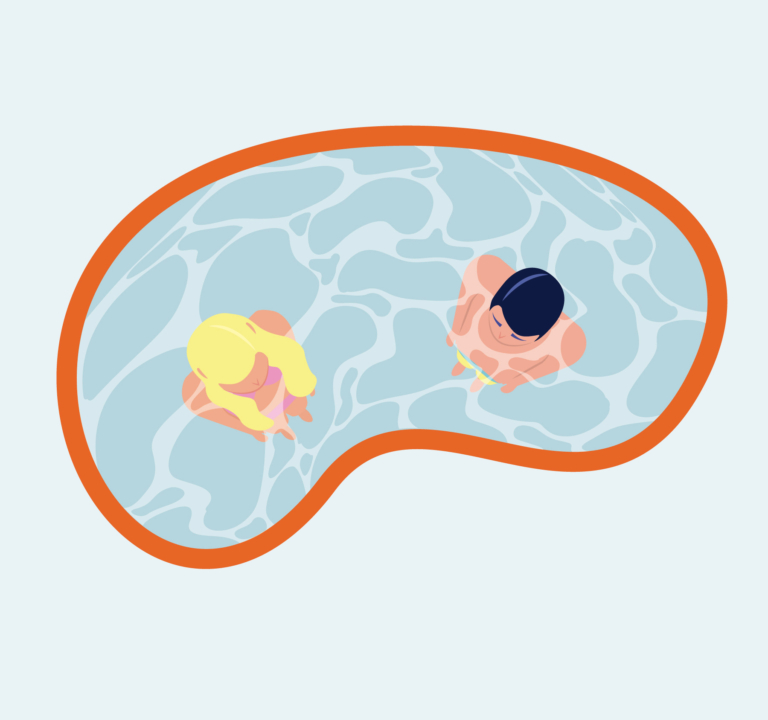How can Fitness tech weigh-in the fight against obesity

Obesity is still the leading underlying cause of deaths worldwide as it markedly increases the risk of metabolic dysfunctions and chronic diseases such as CVDs, cancers and neurodegenerative conditions. Nearly 3 in 4 American adults and 1 in 3 children are overweight - a form of pre-obesity - or obese, which is driving annual healthcare costs to $173B.
Assuming we accept the - overly simplistic - premise that overweight and obesity are due to positive caloric imbalance, any strategies that limit caloric intake (or nutrient absorption) or increase energy expenditure (or nutrient excretion) are a step in the right direction. Leaving the pivotal topic of prevention aside, the first strategy that comes to the mind of individuals wanting to lose weight should be dietary and lifestyle changes. These require a significant amount of effort, commitment and patience. In the last several years, a class of anti-obesity drugs was introduced and quickly become an effortless and all-too appealing way out.
These new drugs - helped by the recognition of obesity as a disease on its own - opened a lucrative market valued at $2.5B in 2022 (or $9.5B including off-label use of Ozempic). A new generation of these drugs could however accelerate the growth of the global anti-obesity drugs market by a whopping CAGR of 35.5% to an expected $50B by 2030.
Cue, the appetite suppressants
Indeed, 3 blockbuster drugs - namely Novo Nordisk’s Ozempic (primarily indicated for Type II Diabetes) & Wegovy and Eli Lilly’s Mounjaro - are drawing lots of attention. These drugs are known as appetite suppressants as they act on GLP1-receptors or are GLP1 & GIP analog, respectively to control, you guessed it, appetite! Patients treated with Ozempic indeed reported reduced appetite, lower caloric intake and loss of an average of 14.1% of their body weight over 68 weeks of treatment. Even greater weight losses were reported with the soon-to-be approved Mounjaro, over the same time period.
Some would like the story to end here, but all is not that perfect.
For one, these treatments could be life-long and rather costly (over $1,500/month) "solutions" as patients report weight regain upon treatment discontinuation. Some noticeable discomforts were also reported, and yet unknown side effects might arise with long-term use.
Not all weight losses are created equal
Potentially the biggest downside of these therapies could however be that the rather impressive weight losses reported are not completely due to loss of detrimental (visceral) adipose tissue, but also to loss of protective lean muscle and bone mass.
This was revealed by a secondary analysis of the Ozempic trial in which participants lost an average of 10.4% fat mass along with 6.9% lean body mass. Muscle, being rich in mitochondria and capable of storing glucose (in the form of glycogen), is a potent cardio-protective and metabolic health-promoting organ. Maintenance of optimal muscle mass - especially with age - also prevents frailty and Sarcopenia, a leading cause of disabilities and falls.
This is dramatic, as most (metabolically unhealthy) obese are overnourished and undermuscled so caloric restrictions must especially be planned and strive to maintain adequately high-protein intake (and nutritional quality). This tricky balancing act is probably even trickier to achieve with appetite suppressant drugs, as they seem to lower preference for high‐fat and non‐sweet foods, which must lead to insufficient intake of protein-rich foods.
There are no such things as miracle drugs, and GLP-1 agonists are no exception to this rule
every problem has its opportunity
The downsides of these appetite suppressant drugs could however represent an opportunity for the Fitness Tech and FaaS sectors.
Indeed, a solution to avoid dramatic muscle loss is to 1- maintain a sufficiently high intake of proteins via of protein-rich foods or supplements and 2- initiate or keep on exercising with a special attention of (heavy) weight training.
We are already seeing companies such as WW, Ro and Juniper starting to include weight-loss drugs in their offering without advising on the importance of weight training or food choices. This is not sustainable on the long-run as most of their users could be left without proper medical follow-up.
To support lasting behavioural changes, AI-coaching platforms should specifically target this segment of their user-base and deliver personalised weight training plans, and wellness & nutritional insights. These could be combined with motivational cues, rewards & incentives, and a social community to help sustain a lasting engagement - and revenues.
Will we start seeing partnerships between these big pharmaceutical and FassS companies to truly have a complete weight-loss offer for the individuals they intend to care for?
A new generation of weight loss drugs promises to end obesity… but not its root causes
MAKE IT A HABIT
It certainly is one for us. Every other Thursdays, we will give you our Point Of View on the trending topics that make the Sports, Fitness and Wellness Tech worlds move.




















